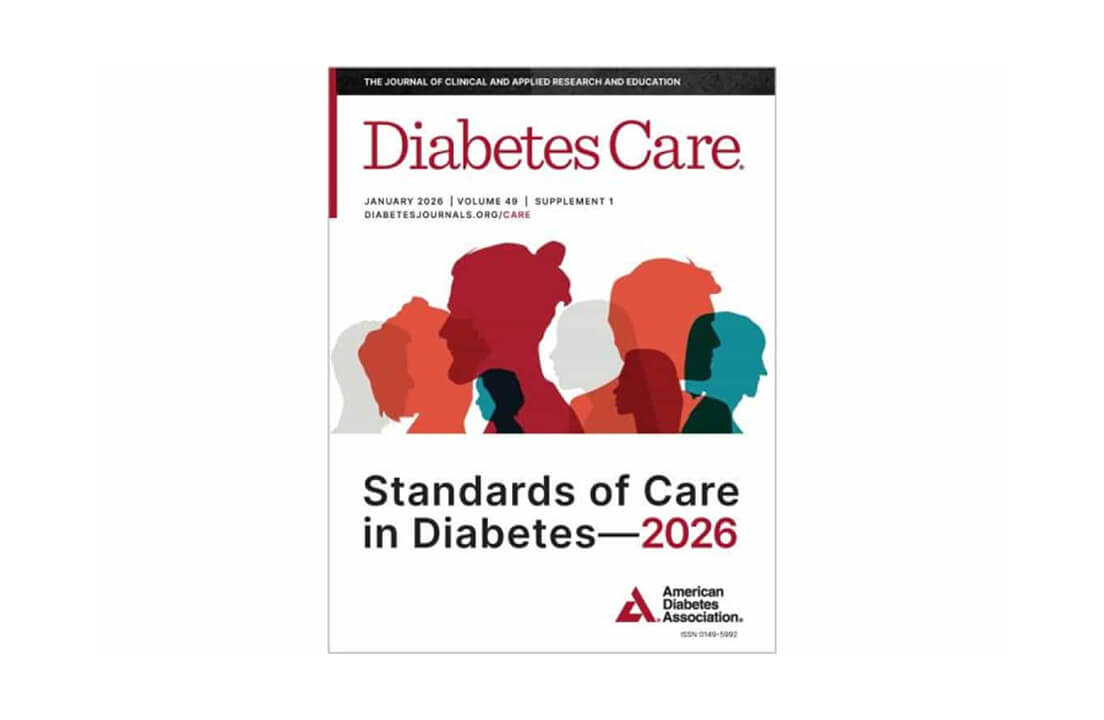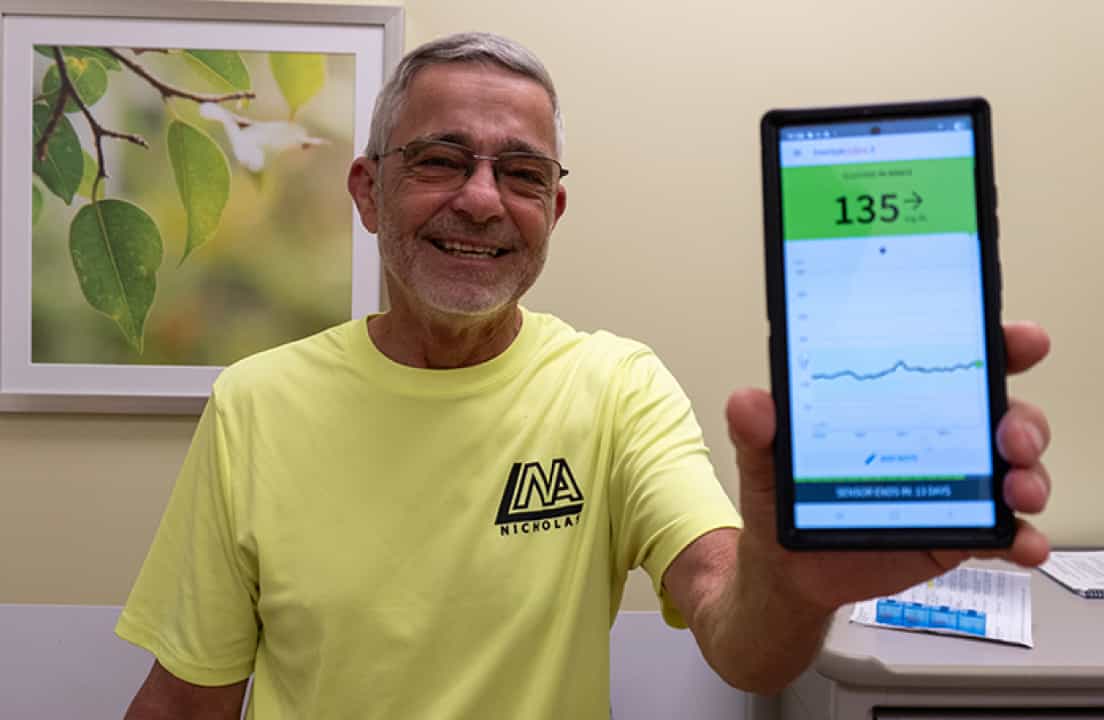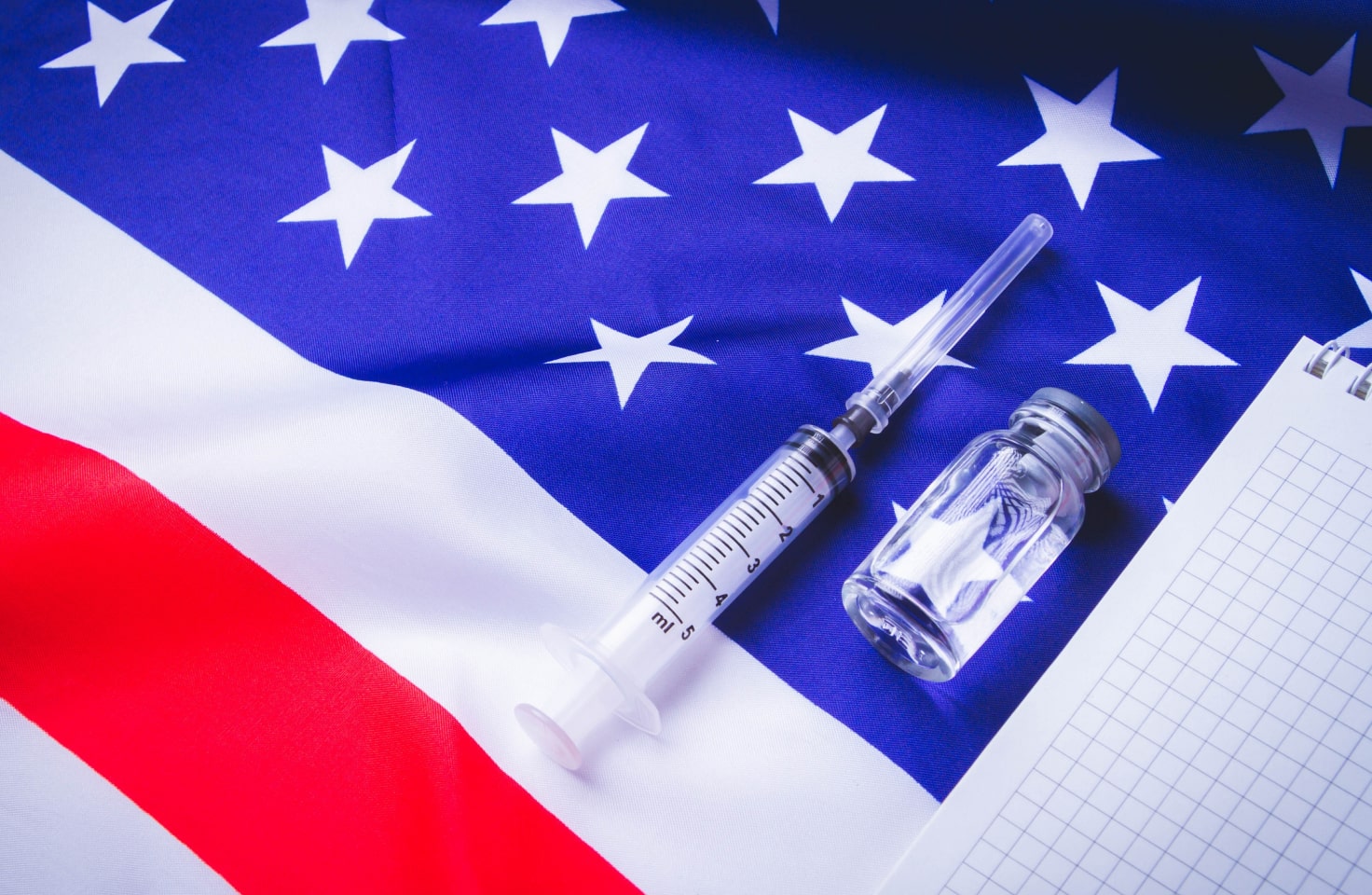T1D Guide
T1D Strong News
Personal Stories
Resources
T1D Misdiagnosis
T1D Early Detection
Research/Clinical Trials
Yeast Infections and Type 1 Diabetes: The Unspoken Symptom
When you hear the standard symptoms for type 1 diabetes (blurred vision, lethargy, frequent urination, stomach pains and nausea), there’s one that goes off the radar – possibly because it’s embarrassing to discuss, but it needs to be, because more and more women are opening up about yeast infections.

When wellness coach Lisa La Nasa was in her twenties, she experienced recurring yeast infections that went on for months before her doctors realized the type 1 connection. And Glucose Goddess® Laura Lastoria, who was diagnosed with latent autoimmune diabetes in adults (LADA) at age 34, said her most prevalent symptom was recurring yeast infections.
Sometimes, it may be the only symptom you experience.
To say yeast infections are not fun is an understatement—terribly annoying and sometimes painful, they can prevent you from working, sleeping and exercising.
Read on to learn about the different types of yeast infections, what causes them, and, most importantly, how to prevent and treat them.
Yeast Infections and Type 1 Diabetes
It makes sense when you think about it. Diabetes mellitus (DM), also called the sugar disease, causes blood sugar levels to rise, which contributes to an increase in yeast, especially in the vaginal area.
The National Institutes of Health (NIH) cite yeast infections, also known as candidiasis or thrush, as a growing side effect of type 1 diabetes (T1D). The excess of sugar in the blood can weaken your immune system and feed yeast in the vagina, causing an overgrowth.

Moreover, once you have type 1 diabetes, recurrent yeast infections can be a thorn in your big toe. Many women with diabetes type 1 and 2 may suffer from this chronic malady. In fact, the American Diabetes Association (ADA) cites that individuals with diabetes are at a higher risk of yeast infections and may be harder to treat. Untreated, these infections can allow more serious bacterial infections to enter the body.
However, there are ways to combat, minimize and alleviate their duration.
Yeast Infection Causes and Treatments
First, it’s essential to consult a physician if you suspect a yeast infection, as the symptoms can be similar to other vaginal infections and sexually transmitted diseases (STIs). Also, it’s important to know the warning flags to stop these infections in their tracks.
Signs of a Yeast Infection
- Intense itching and irritation in the skin folds
- Swelling, tenderness, and redness
- Pain or discomfort during urination or sexual intercourse
- Painful urination
- Vaginal discharge: A white vaginal discharge can be a sign of a yeast infection. These unusual vaginal secretions are often thick, white, and resemble cottage cheese.
How to Minimize the Risk of Yeast Infections
Keep tight blood glucose time-in-range
In type 1 diabetes, high glucose sugar levels weaken an already compromised immune system, making it harder to fight off infections. Click here for “9 Tips on Achieving Better Time in Range.”

High blood sugar levels for prolonged periods have serious short- and long-term consequences. Side effects include kidney and cardiovascular disease, nerve and joint problems, vision impairments and, most importantly, diabetic ketoacidosis (DKA), a life-threatening complication.
Dietary Changes
Avoiding sugary treats like pastries, sodas and white bread may help decrease the chances of yeast growth.
Probiotics
“Probiotics have been found to be beneficial in the prevention of yeast infection,” said Ob/Gyn Oluwatosin Goje, MD, Cleveland Clinic for Women’s Health. Several probiotic supplements aid in intestinal health and can also be found in foods like pickles, sauerkraut or yogurt.
Avoid Tight Undergarments
Avoiding tight-fitting clothing and instead wearing cotton underwear may help alleviate the onset of yeast infections. Dry, breathable clothing is the ideal environment. Additionally, sleeping in loose-fitting underwear helps.
Change Out of Wet Bathing Suits
Wearing sweaty, tight-fitting, or wet swimwear for prolonged periods may increase your risk for yeast infections. Change out of wet swimsuits and workout clothes as soon as possible.

Keep the Genital Area Clean and Dry
Try avoiding douching, scented body washes or highly perfumed soaps, which can upset the pH balance in your vagina, heightening the risk of a yeast infection. Certain chemicals in feminine hygiene products, as well as spermicides and dyes, can cause irritation. Wash with only mild, unscented soap and warm water if you seem prone to the problem.
Avoid Sexual Intercourse
If you have signs of a yeast infection, it’s best to avoid intercourse for at least one week. It also helps to apply petroleum jelly or another OTC remedy if the area is itchy. Also, check with your primary care doctor first for an accurate diagnosis.
Important Tip: Yeast infections aren’t considered sexually transmitted infections because they may originate through diet, clothing, exercise and diabetes. However, it’s possible to pass a yeast infection to your partner during vaginal or oral sex.
Diabetes Medications
Certain diabetes medications such as Farxiga, Invokana, Jardiance, and Steglatro may increase the risk of yeast infections. Diabetes patients should be aware of these drugs’ side effects and how they may contribute to secondary illnesses.
Other Causes of Yeast Infections (Not Diabetes-Related)
- Antibiotics
- Pregnancy
- Steroid or oral contraceptive use
- Weakened immune system
Read on to understand the common types of yeast infections and skin disorders with T1D.
Different Types of Yeast Infections
Candida species or candida albicans is a fungal infection caused by an overgrowth of yeast. This candidiasis infection can appear on your skin, vagina or mouth. Candida species or C. albicans comes from the Latin word ‘white.’
Vaginal Yeast Infections
A vaginal yeast infection, also called vulvovaginal candidiasis, is typically brought on by an excess of sugar in the body.
The candida yeast buildup, or yeast overgrowth, happens when the balance of healthy bacteria is disrupted. Having an elevated blood sugar level in the blood adds to the excess sugar trapped in your body (sweat, saliva, and urine).
Genital Yeast Infections
As this includes vaginal yeast infections surrounding the vagina and vulva, genital yeast infections can affect the scrotum, penis, and groin. Though similar to vulvovaginal candidiasis, genital yeast infection can include blisters, cracks or a rash.
Oral Candidiasis
Another common fungal infection is oral candidiasis or oral thrush. This type of fungus thrives on sugar and encourages yeast growth in the mouth. Treating high sugar levels and good mouth hygiene can help treat this disorder.

Signs of oral thrush include:
- Dry mouth
- White patches of plaque on the tongue, cheeks, lips or back of the mouth
- Redness or bleeding in the mouth
- Cracks at the corners of the lips
- Bad or unexplained bitter taste in your mouth for a length of time
Other Risk Factors
Urinary Tract Infections
As yeast infections are fungal, urinary tract infections (UTIs) are bacterial infections in the urinary tract.
Sometimes confused with yeast infections, a urinary tract infection causes frequent urination and can alter the color and odor of urine. Yeast infections cause itchiness (UTIs do not) and produce a distinct white, odorless discharge.
Proper hygiene, staying hydrated and urinating frequently can help prevent both conditions.
Insulin Resistance
Insulin Resistance may be tied to vaginal health and linked to yeast infections. As the body’s immune system responds to any infection, it can be harder to manage blood sugar levels, leading to insulin resistance.
Polycystic Ovary Syndrome (PCOS)
PCOS, a chronic hormonal imbalance that affects a woman’s ovary function, can create conditions that lead to vaginal yeast infections and thrush. Individuals with PCOS have estrogen dominance, which can cause yeast overgrowth.
Final Thoughts
Keep high blood sugar levels in check. Wear the right clothing. Protect your immune system. A weakened immune system due to traveling, stress, and lack of sleep allows toxins and other bugs to diminish your strength.
Eat healthy foods and drink with live active cultures or take a probiotic. Discuss ways to improve blood sugar levels and manage diet and exercise with your endocrinologist.


.webp)





.webp)

.jpeg)
.jpg)

.jpg)

.jpg)
.jpg)
.jpg)

.jpg)

.jpg)

.jpg)
.jpg)



.jpg)



.jpg)




.jpg)

.jpg)



.jpg)

.jpg)




.jpg)
.jpg)
.jpg)
.jpg)
.jpg)
.jpg)
.jpg)

.jpg)
.jpg)

.jpg)



.jpg)
.jpg)
.jpg)

.jpg)

.jpg)














.jpg)


.jpg)







.webp)











.webp)










.webp)